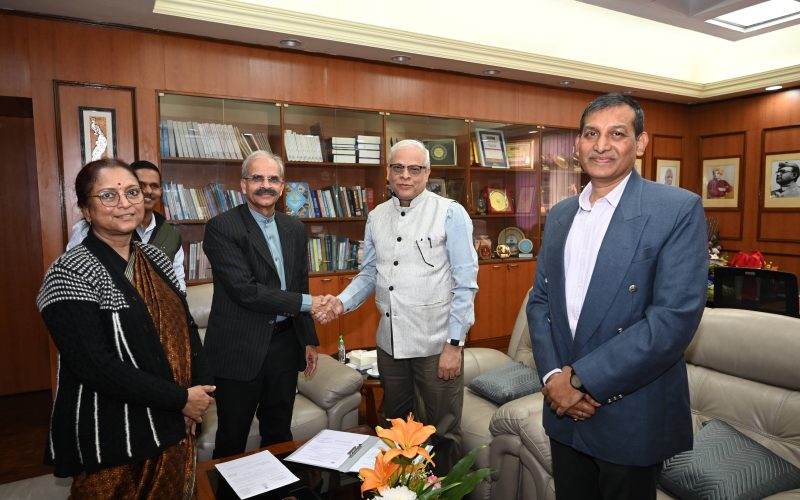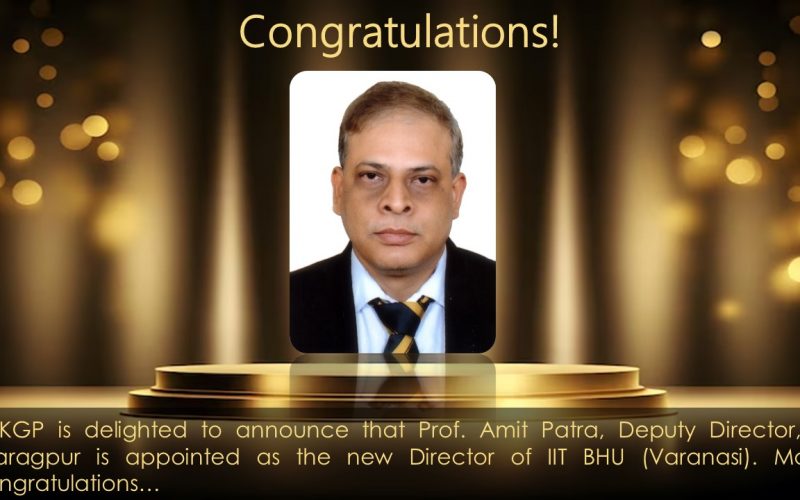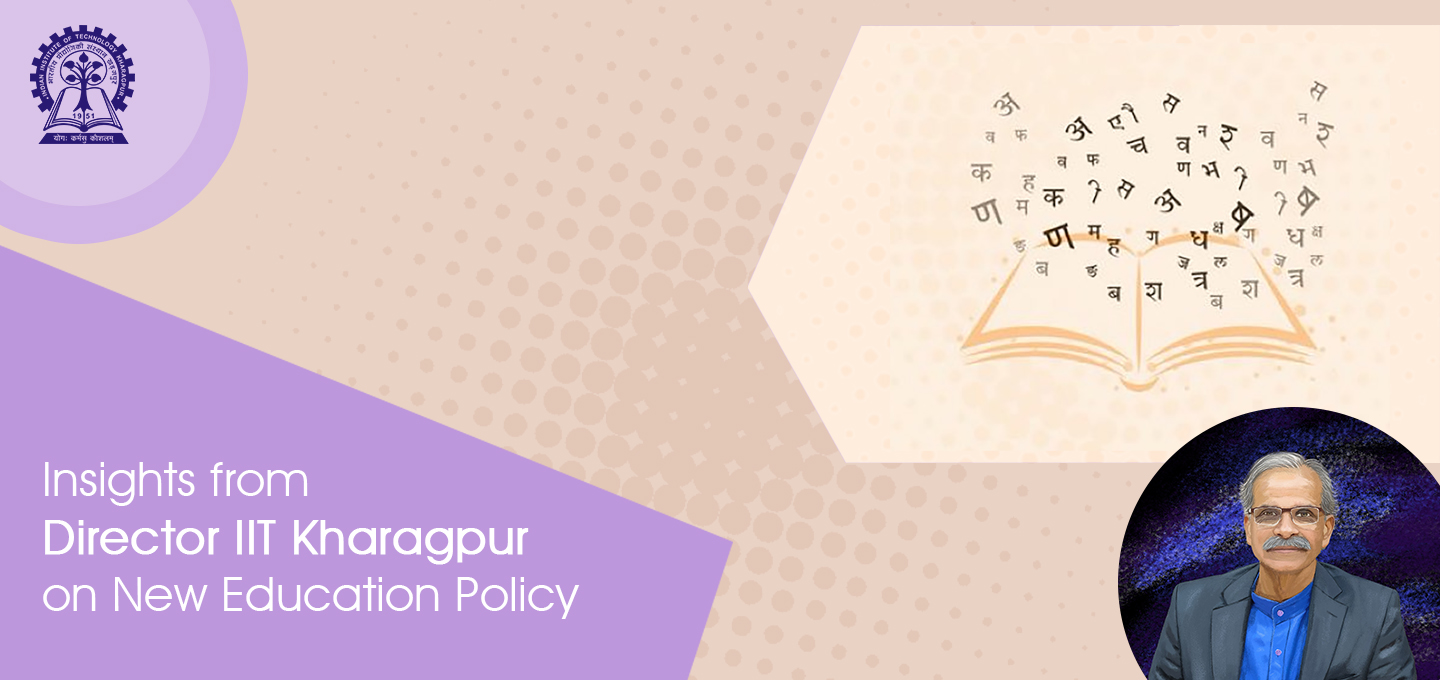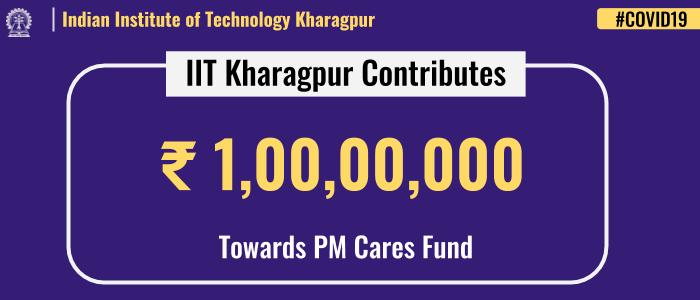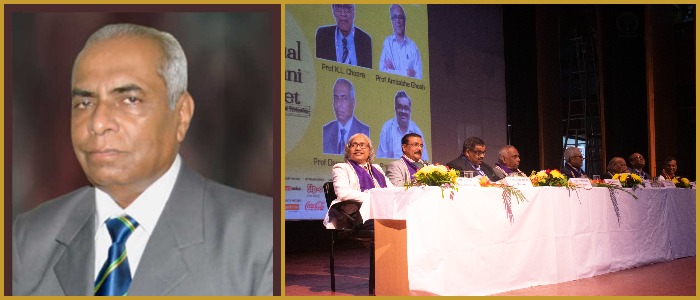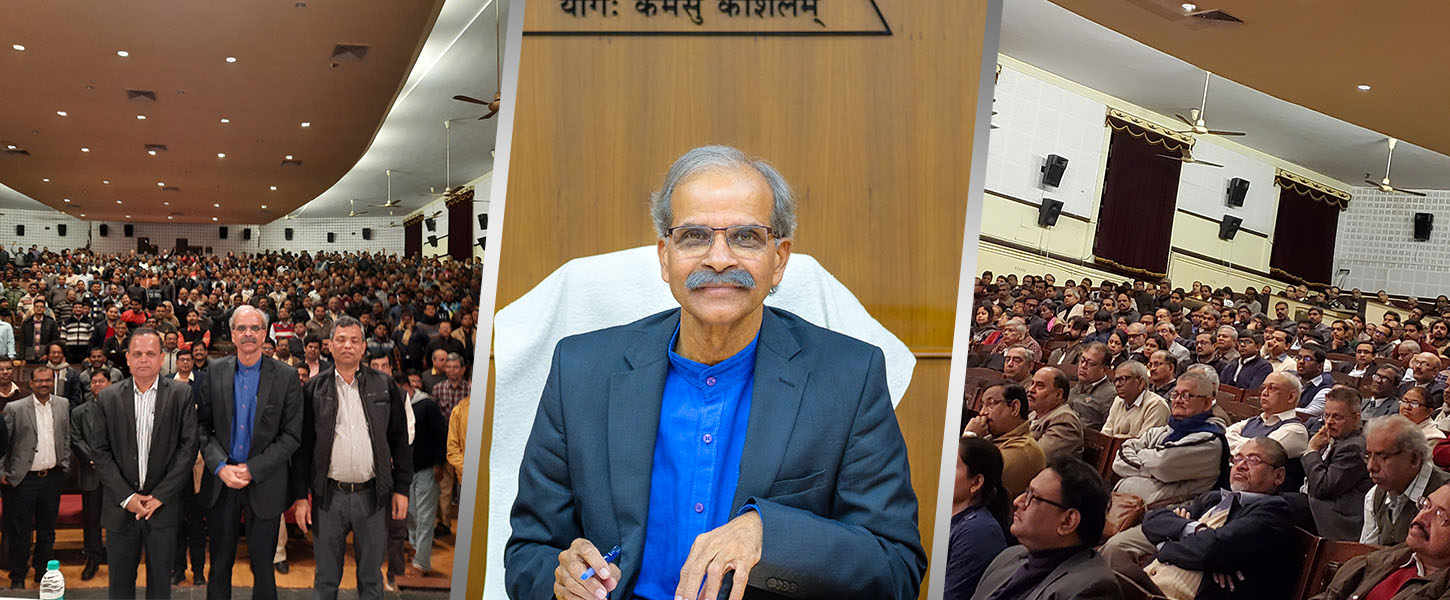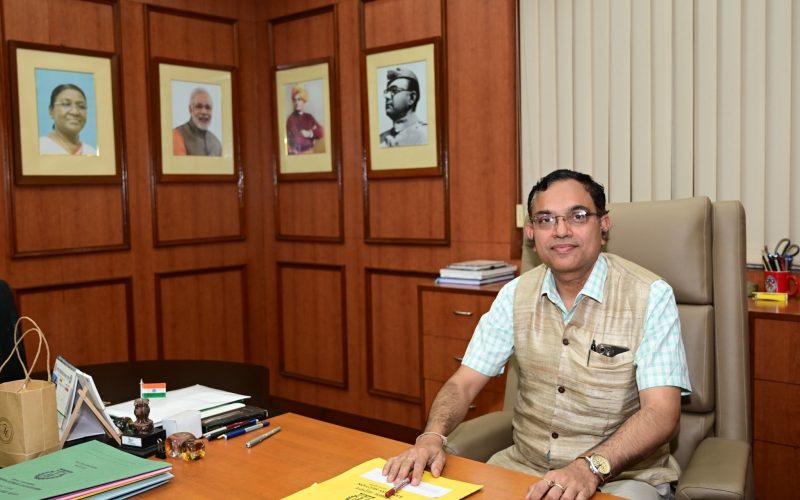
Prof. Suman Chakraborty officially takes over as Director of IIT Kharagpur
Prof. Chakraborty, a globally renowned academician and a distinguished faculty member from the Department of Mechanical Engineering, has received several prestigious national and international honors in science and engineering. His work at the intersection of fluid mechanics, biomedical engineering, and technology-driven societal applications has earned him recognition as one of the foremost researchers in the country. There is a need to enhance connectivity with students so their issues and challenges are detected early and bring back the culture of fulfillness on the campus, said Prof. Suman Chakraborty, the newly appointed director of IIT Kharagpur, after taking charge on Monday. He…

